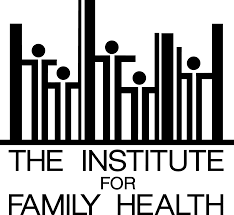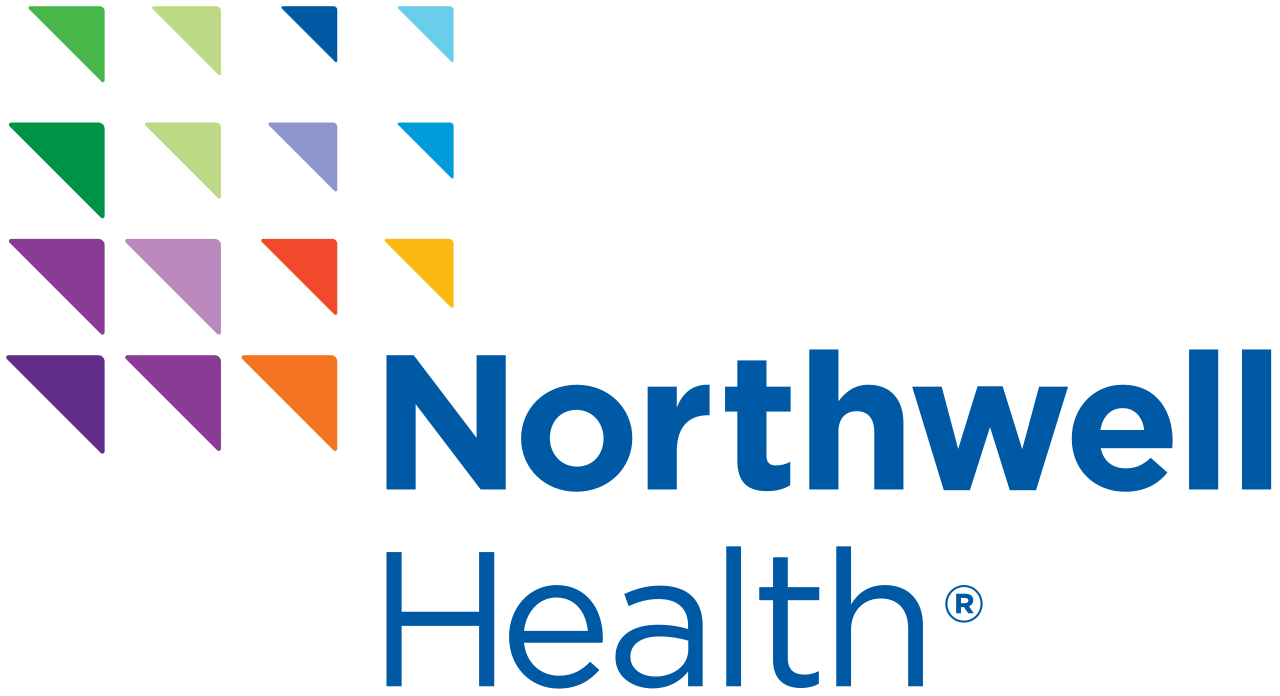Stepful Graduates were hired at








Stepful’s Medical Assistant program is designed for those looking to take the next step in their careers by becoming a certified medical assistant in Ohio.
Our online program prepares you to earn your Certified Clinical Medical Assistant certification from the National Healthcareer Association and perform all the duties of medical assistants, including both those in the front office as well as working with patients.
Our Ohio Medical Assistant classes take 4 months to complete and cover all essential topics such as medical terminology, anatomy and physiology, healthcare systems, phlebotomy, EKG, patient care coordination, and much more.
The Stepful staff is here to support you at every stage of the journey. From career preparedness to help finding an in-person externship*, we're here to help you launch your career in healthcare.
*Please note, students must be available M-F, 9-5 p.m. to be eligible for externship support.

If you want to become a medical assistant, the first thing you’ll need is a high school diploma or GED. For those who need an alternative to traditional high school, online programs are a good option. Most online high school and GED programs can be completed in a few months or less.
There are a variety of training options for aspiring medical assistants to choose from.
Online certificate programs are the most convenient and cost-effective option. In addition to costing just a few hundred dollars, they offer schedule flexibility and can be completed in as little as four months. Stepful’s online medical assistant program provides a flexible, cost-effective route to certification.
Community colleges and trade schools offer in-person certificate programs. These take up to one year to complete and cost a few hundred more, on average, than online-only programs.
Aspiring medical assistants can also choose to pursue an associate degree in medical assisting. Degree program graduates are also eligible to take their certification exams. These programs take two years to complete and can cost over $10,000.
Externships allow medical assisting students to work one-on-one with an experienced medical assistant, where they will practice their hands-on skills and get more comfortable working with patients.
Most employers will count externships toward work experience requirements when comparing job candidates. In addition, some medical assistants are able to secure a job with the same organization where their externship was completed.
Local organizations in Ohio that offer externship opportunities to medical assistants may include Ohio Health, Cleveland Clinic, and Wexner Medical Center.
Stepful helps students secure externship interviews in proximity to where they’re located, making it easier to complete the required clinical hours for certification and gain employment.
Training programs for medical assistants usually prepare their students to take one of the following exams:
In order to be prepared for their medical assistant certification exam, students complete their education through a program of their choice. Stepful prepares students for the CCMA certification exam.
Each type of medical assisting exam must be taken with an online proctor or at a testing center. Students cannot use testing aides such as notes, textbooks, or calculators. Each certification exam contains approximately 150 questions and has a similar passing rate, difficulty, and cost.
Monster, Glassdoor, Indeed, and ZipRecruiter are all great tools for medical assisting candidates. Jobs often specify whether or not a candidate needs a certification to apply.
Medical assistants in Ohio can also browse the Ohio State Website or search for open medical assisting positions at a specific hospital or clinic.
Staff at Stepful support their students in their job search by coaching them through practice interviews and reviewing their resumes.

Ohio does not require medical assistants to have a certification. However, Ohio has strict consequences if a medical assistant uses the term “certified medical assistant” when they have not met the requirements to earn a certificate.
Even in cases where certification is not required, medical assistants may want to pursue one. According to the NHA, 87% of healthcare organizations encourage certification for their medical assistants.
Medical assistants in Ohio are not required to obtain a license or register with the State. However, medical assistants must always work under the guidance of a licensed medical provider.
Medical assistants in Ohio have specific things that they can and cannot do. The State Medical Board of Ohio gives specific guidance on a medical assistant’s scope of practice.
Medical assistants in Ohio are not permitted to perform the following tasks:
Nurses and physicians can delegate tasks to medical assistants as long as they are competent and have been educated on how to perform the task, the outcome of the task is predictable, and the delegating authority is acting within their own scope.
These tasks include:
Administrative Responsibilities
As of May 2023, there are currently about 21,260 medical assisting jobs in the state, or 3.88 per 1,000 residents. Ohio cities with the highest number of medical assistants include Columbus, Cleveland, and Cincinnati.
Medical assistants in Ohio earn a decent salary. The median salary for medical assistants in Ohio is $38,280 per year or $18.40 per hour. Medical assistants in Ohio State have an average pay of $18.54 per hour or $43,168 per year.
Job openings for medical assistants are much higher than the average job growth for other careers in the United States. Average job growth in the country is expected to remain at 4%, while opportunities for medical assistants are expected to increase by 15% between 2023 and 2033, according to the U.S. Bureau of Labor Statistics (BLS).
The Ohio State Society of Medical Assistants is an organization that supports medical assistants throughout their careers. The OSSMA offers continuing education courses, an annual conference, and many other membership perks through their website.
There are several other nationally recognized organizations that can help medical assistants earn their certification, search for job opportunities, network with other medical assistants, pursue continuing education, and stay up to date on current healthcare trends. These include the National Healthcareer Association, American Medical Technologists, and American Association of Medical Assistants to support them throughout their careers.